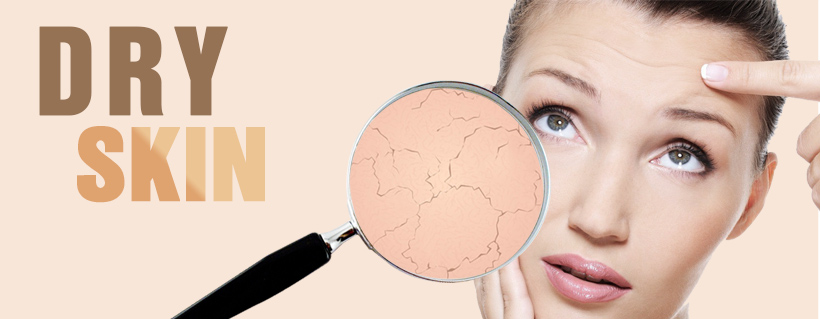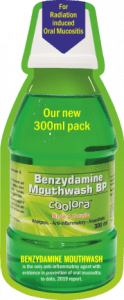Menu

Dry skin can be a major source of annoyance. Especially if it’s accompanied by itchiness and redness! Thanks to the cold winter weather, rampant pollution, and exposure to the elements, your skin can lose its natural moisture and become dry or flaky.
While most common on face, hands, and feet, it can strike on any part of your body and steal your skin’s supple glow. If that wasn’t enough, it can also cause bacterial infections and premature ageing! Luckily, it can be prevented easily if you know what’s causing it.
The causes for dry skin (also called xerosis) can be classified as external and internal. External factors are those that occur in your surroundings while internal are those originating within your body.
– Cold Temperatures
You may have noticed that your skin is at its driest in the cold winter weather. As the temperature decreases, the humidity levels in the air plummet, leaving your skin dry.
– Use of Heaters
Prolonged use of heaters decreases the amount of water in the stratum corneum, i.e. the outer layer of your skin.
– Use of Certain Products
Many cosmetic and household products contain chemicals that dry out your skin. Products that contain ethanol also rob your skin of moisture.
– Age
As you grow older, your body produces fewer natural oils, and skin cells aren’t replenished as fast as they used to. Women undergoing menopause experience hormonal changes that can also cause dry skin.
– Medical Conditions
Some medical conditions cause physiological changes in your body that lead to dry skin. These include hypothyroidism, diabetes, atopic dermatitis, and vitamin A deficiency.
– Medication
Medicines like diuretics, retinoids, and isotretinoin (prescribed for high blood pressure, lowering cholesterol, and reducing acne) can also be a cause for dryness.
If dry skin is caused due to external factors, you can prevent it by making some changes in your lifestyle. Here are some tips that will heal your dry skin and prevent it from coming back:
– Use a Humidifier
You cannot control the weather conditions outside but you can control the humidity and temperature inside your home. During winters, moisture in the air reduces, which causes your skin to dry. Install a humidifier in your home and set it to 45-55% to prevent your skin from drying up.
– Avoid Long Steamy Showers
A long hot shower after a hard day at work might feel great but it’s not doing your skin any good. Hot water increases the loss of natural oils produced by your skin. This causes your skin to dry up and make dry skin conditions even worse. Make sure that the water is warm rather than hot and limit your showers to 10 minutes or less.
– Apply Moisturizers on Damp Skin
One of the most common mistakes people make is applying moisturizers on dry skin. The best time to apply is after taking a bath, shaving, or exfoliating. When you apply the moisturizer on damp skin, it traps the water and retains it for a much longer time. Make sure that you pat your skin down instead of rubbing it dry after applying the moisturizer to avoid wiping it away.
– Use a Mild Soap or Body Cleaner
While cleaning dust and grime, harsh body soaps tend to wipe away the natural oils responsible for preserving moisture in your skin. Make sure that you keep harsh and fragrant soaps out of your bathroom. Mild soaps like Moizen Plus Soap Bar are gentle on your skin. Moizen Plus contains glycerin and olive oil that keep the moisture trapped within your skin for a long time.
– Avoid Products that Contain Alcohol
Ethanol is a natural dehydrating agent. Products like hand sanitizers contain ethanol that dries up the skin when applied. Always check the contents of any beauty product that you purchase. You can also pick products that are especially suited for dry skin to minimize the risk.
If you have been suffering from dry skin problems for a long time, you need a consultation from a dermatologist. Here are some signs that indicate that it’s time you see a specialist:
Your doctor may recommend prescription-based emollients like Moyzen Liquid or Moyzen Cream. In cases where dry skin causes itchiness that interferes with everyday activities and sleep, antihistamine pills may be prescribed.
Since dry skin may be caused by several reasons, a visit to the dermatologist is necessary to rule out any severe skin diseases and properly evaluate the cause to prevent any serious complications.
References:


| PRODUCTS | QTY | PRICE | VALUE in INR |
|---|
| PRODUCTS | QTY | PRICE | VALUE in INR |
|---|